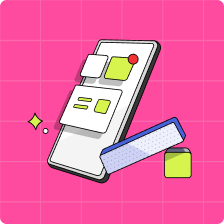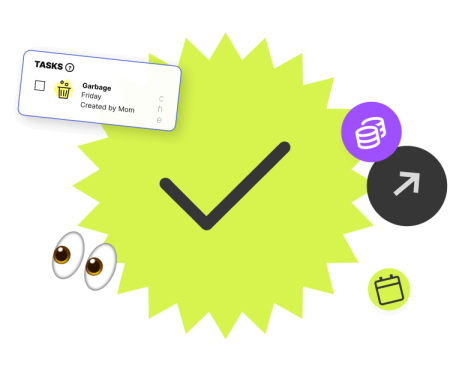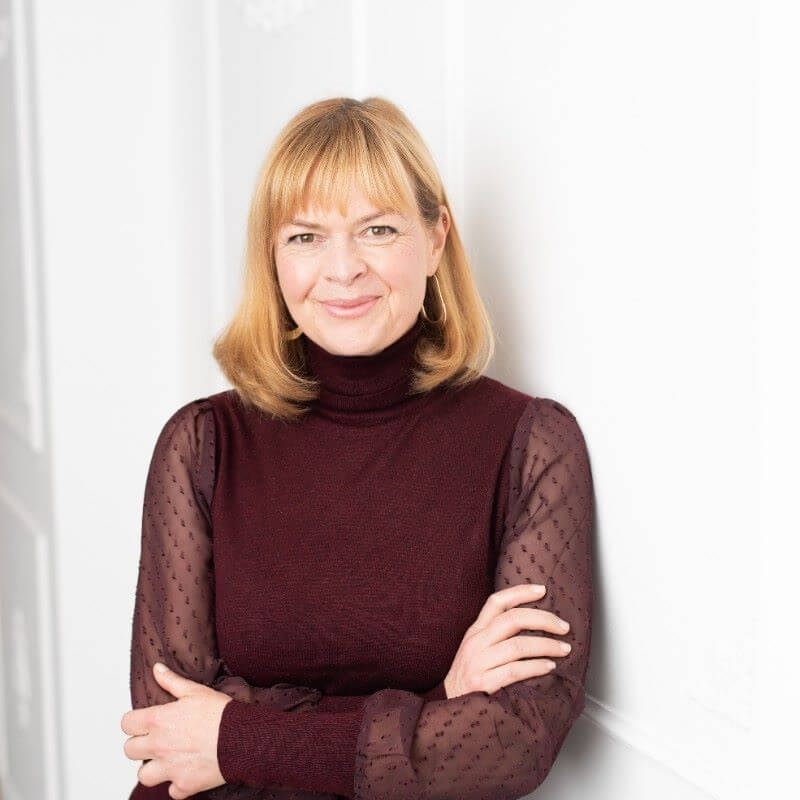International Women’s Day (IWD) is a global day celebration of the social, economic, cultural and political achievements of women and girls. March 8 is a day for unity, advocacy, action, and celebration. This year Mydoh is shining a spotlight on three Canadian teens who are blazing a trail in business, advocacy, and innovation.
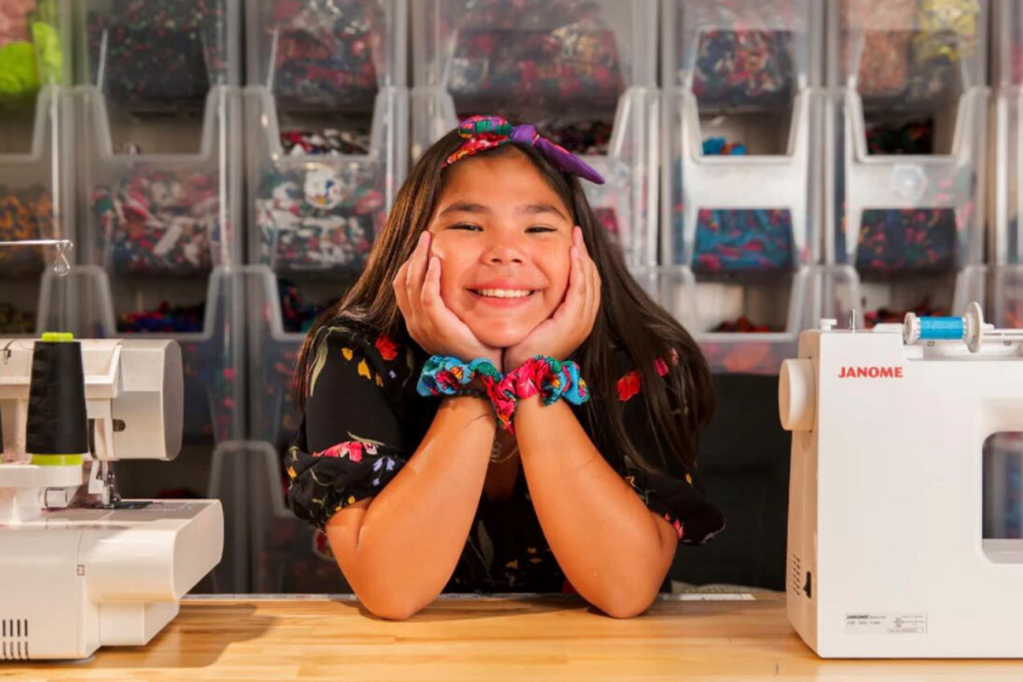
Mya Beaudry
Business owner
Aged 13, Kitigan Zibi Anishinabeg First Nation
In three years, Mya Beaudry has gone from making scrunchies at her family’s kitchen table as a way to give back to her Indigenous community to collaborating with designer Scott Wabano at New York Fashion Week.
Mya was just nine years old when she started Kokom Scrunchies and over the last three years has grown Kokom Scrunchies into a thriving business. She explains that the word “kokom” means Grandmother in the Algonquin language and her core collection of scrunchies are made from floral kokom scarves. “It’s the same style of scarf that Kokoms would wear on their head when they worked outside,” says Mya. “I also named each Kokom Scrunchie after a role model in my life.” (Kokom Lola is named after her actual Grandmother).
But running a business when you’re 12 isn’t without its challenges, like having others take you seriously. “They think that because I’m younger I can’t run a successful business,” says Mya. “Which is simply not true.” With the help of her family, Kokom Scrunchies has grown and her products are now sold in stores across Canada and online.
Mya has also learned important money lessons from having her own business. “It’s really important to put money into savings,” she says. “And I need to plan for spending money on fabric and supplies.”
Kokom Scrunchies has opened opportunities for Mya, like travelling across Canada to go to trade shows, collaborating with others, and speaking on panels. And she’s gotten plenty of buzz. Kokom Scrunchies has been featured on Refinery29 and Elle, to name a few.
Mya’s advice to other teens thinking about starting a business is to start small. “Have a support team and do or sell something you love,” she says. “And don’t be shy! You have so many people in your life that want you to do well.”
When she’s not running her business, Mya loves to play hockey, snowboard in the winter, and go to Pow Wows in the summer. For now, this teen entrepreneur hopes to inspire other youth, With the help of her team Mya wants a expand her business by adding clothing line (She recently dropped her Auntie Vibes sweater and hoodies which are 🔥 ).
You can follow Mya on Instagram or check out her colourful products.
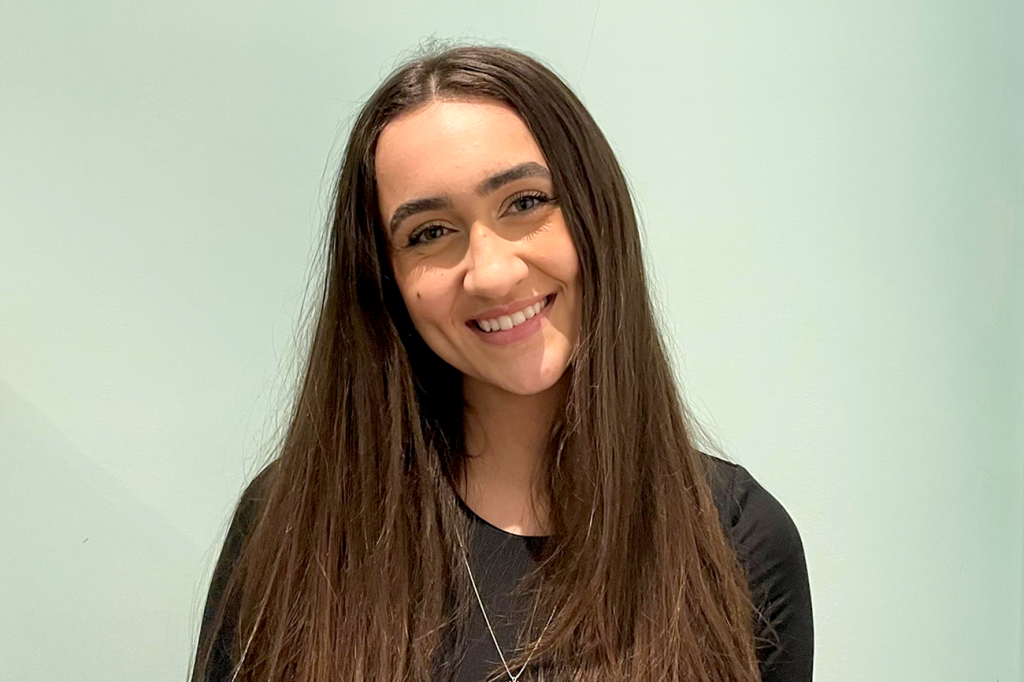
Jada Malott
Menstrual equity advocate
Aged 19, Windsor, Ontario
“I grew up in a household where it was normal to talk about social issues at the dinner table,” says Jada Malott. While she was in high school, Jada helped raise awareness of menstrual equity. “I founded a challenge in all the high schools around Windsor called Tampon Tuesday where we collect menstrual products for people in need in our community,” she explains.
Now in her first year of university studying political science, Jada has founded Period Product Partner (PPP), a social enterprise that gets free menstrual products into local businesses.
She says launching PPP honours her grandmother’s legacy. “My dad learned my grandmother suffered from period poverty,” says Jada. Period poverty describes the struggle many low-income women, girls, and people who menstruate face while trying to afford menstrual products. “My grandma was dealing with limited funds at the store checkout and the first thing that would come off the conveyor belt were tampons and pads,” she says. “Then the razors, shampoo and the conditioner.”
Jada says because of the stigma that surrounds periods, we never really know who is suffering from period poverty and the extent of that suffering. “The shame makes it hard for youth to discuss periods,” she says. “But I think teens need to realize we are a huge channel for change.”
That change can start with educating yourself about the issues. “Education is one of the greatest and most accessible solutions to solving social justice issues, especially for period poverty,” says Jada.
In her spare time Jada can be found on the hockey rink. “It’s a great juxtaposition for me because I play a very male dominated sport,” she says. “And I’ve never had a trainer in my 10 years since being a menstrual equity activist who doesn’t have a box of pads and tampons in their kit. So that’s a start!”
Change can also start with a conversation. “Talking about it is the biggest thing and the most powerful thing we can do,” says Jada.
Learn more about PPP or follow Jada on Instagram.
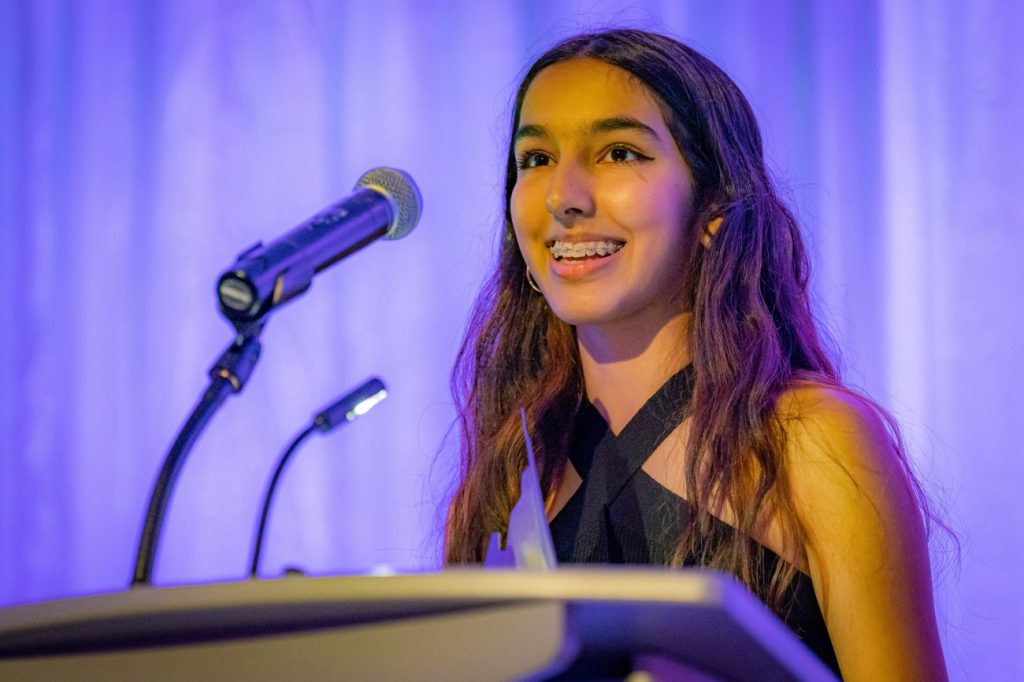
Naila Moloo
Environmental innovator
Aged 17, Ottawa
Naila Moloo was drawn towards science and climate change from a young age. “My parents exposed me to the topic when I was young and I knew it was a big problem,” she says. A problem that the Grade 11 student is already working to solve.
One project Naila is working on is developing a bioplastic from duckweed (a type of aquatic plant), rather than from corn or sugar cane. “Duckweed is something that humans don’t consume and it doesn’t take land to grow,” explains Naila. “But if we used corn to produce enough bioplastic for our needs we’d be cutting down the rainforest.” Naila referenced her research in a TEDx Talk last year and is working with a company to implement it on a large scale. “You can set up a vertical farming system for duckweed with waste water. It actually grows better and is more sustainable,” she says.
Naila acknowledges that climate change is an enormous thing to tackle, and it can feel a little scary. But she believes there’s something everyone can do—even teens. “It doesn’t have to be science-related,” she says. “It could be getting involved in local environmental movements. A lot of people are willing to talk to teens and answer their questions.”
When she’s not at school, playing sports or working on her projects in the lab, Naila is co-hosting The Curiosity Podcast with Kristina Arezina. The pair want to equip young people with the skills they need to thrive in the future. “Teens aren’t taught how to get an internship, brainstorming ideas, or do cold call outreach,” says Naila. She wants the podcast to expose a younger generation to these skill sets and unconventional paths, like becoming a founder of your own start up. “Hearing someone talk about their experience and the struggles they went through exposes you to new things,” she says.
On top of all this, she’s also an author and published her debut magical realism novel when she was 14, followed by a sequel in 2022. Naila’s efforts aren’t going unnoticed. She was the youngest recipient of Canada’s Top 100 Most Powerful Women and we’re excited to see what she does next!
Learn more about Naila or listen to The Curiosity Podcast.
This article offers general information only and is not intended as legal, financial or other professional advice. A professional advisor should be consulted regarding your specific situation. While the information presented is believed to be factual and current, its accuracy is not guaranteed and it should not be regarded as a complete analysis of the subjects discussed. All expressions of opinion reflect the judgment of the author(s) as of the date of publication and are subject to change. No endorsement of any third parties or their advice, opinions, information, products or services is expressly given or implied by Royal Bank of Canada or its affiliates.
